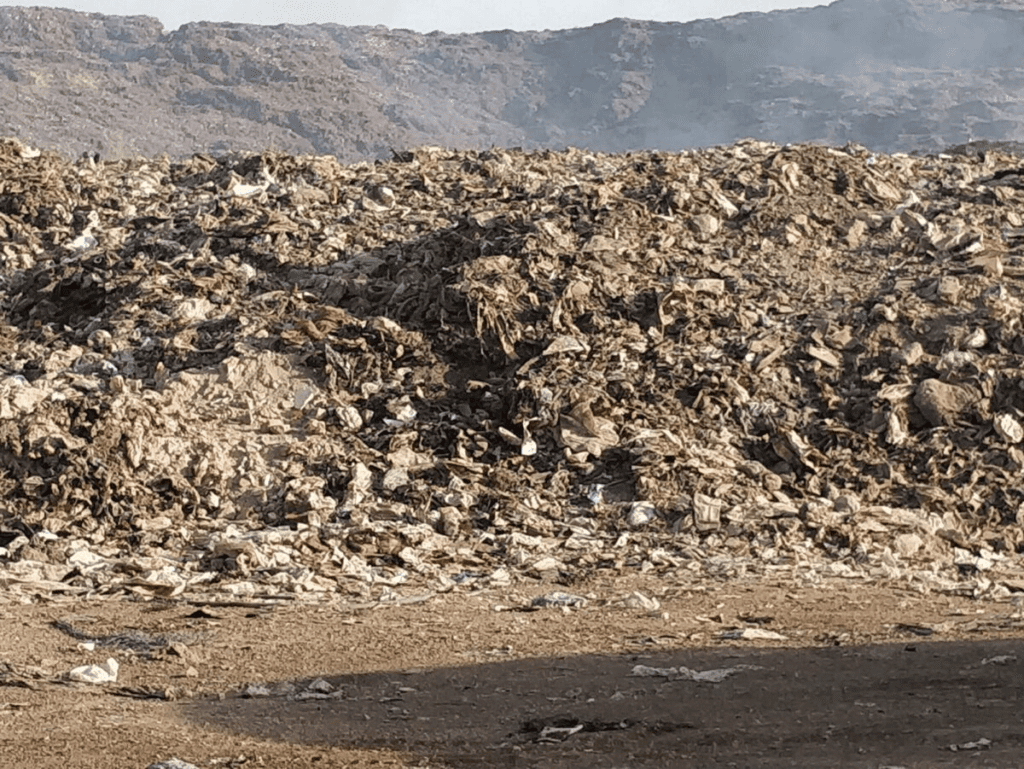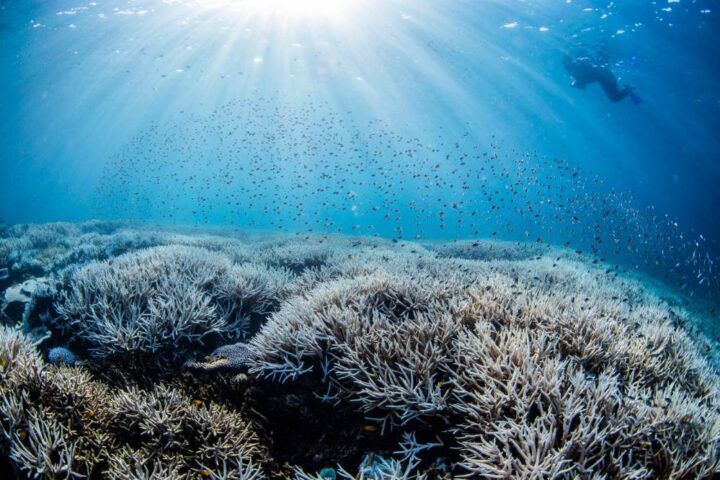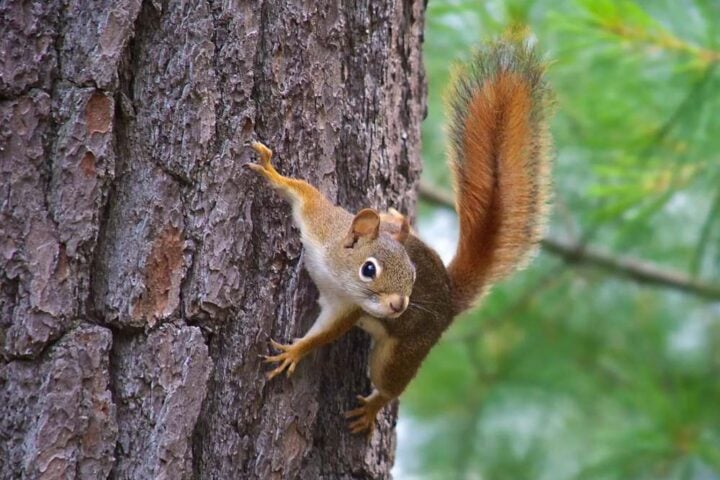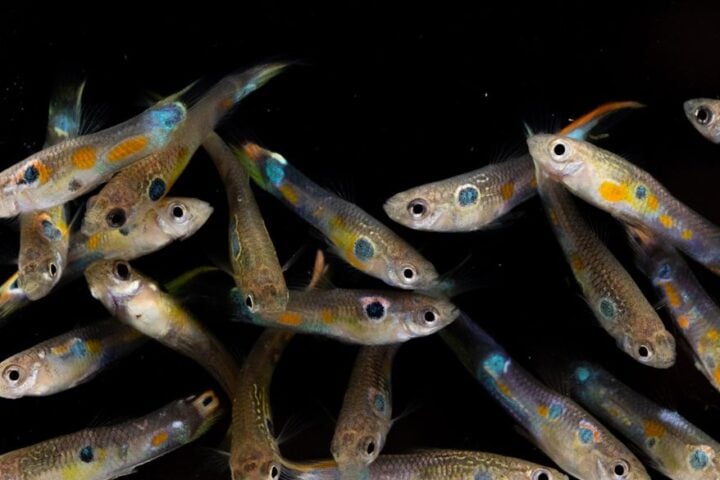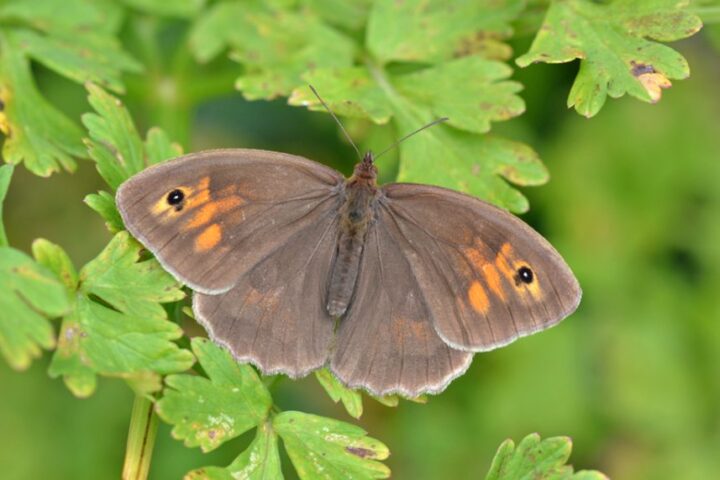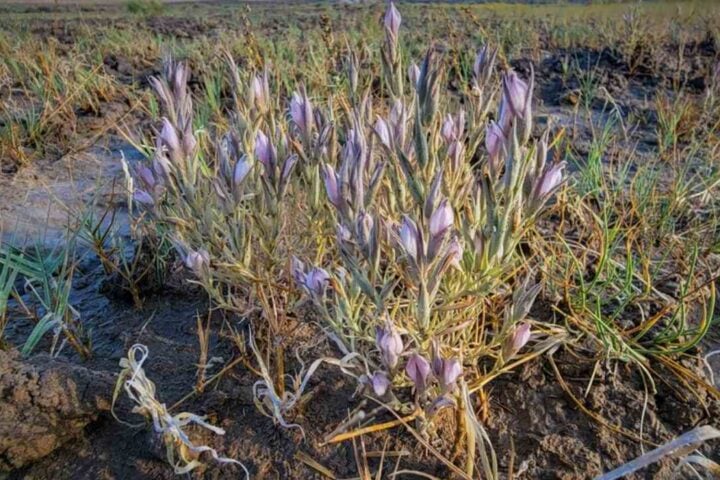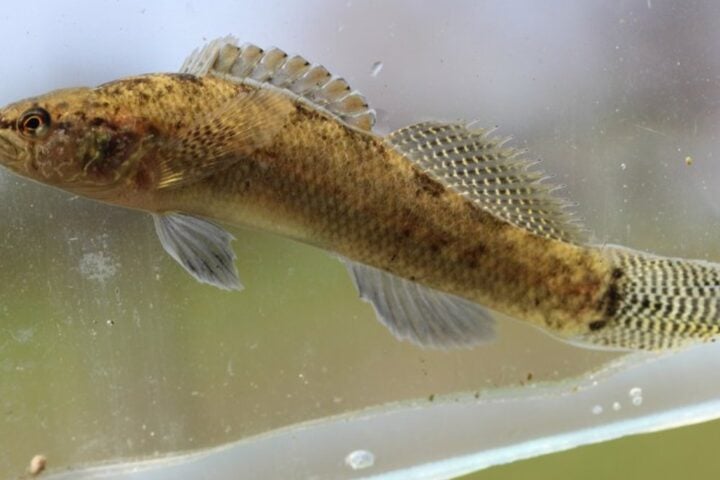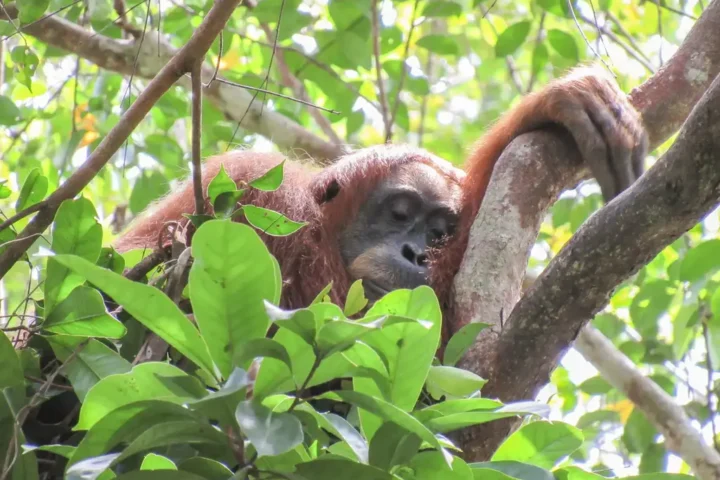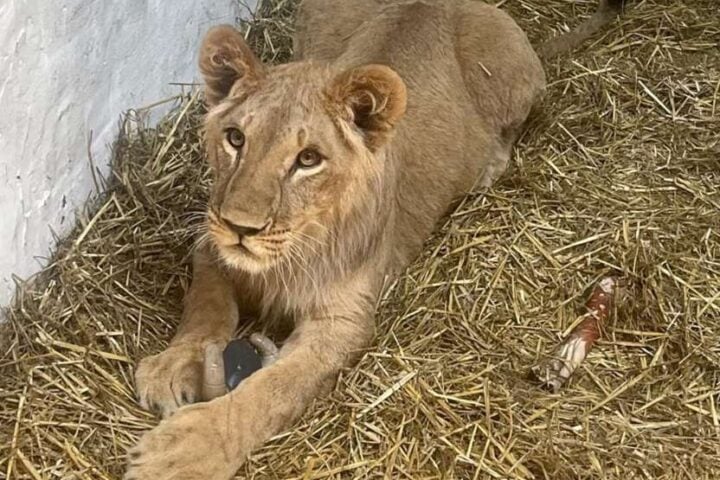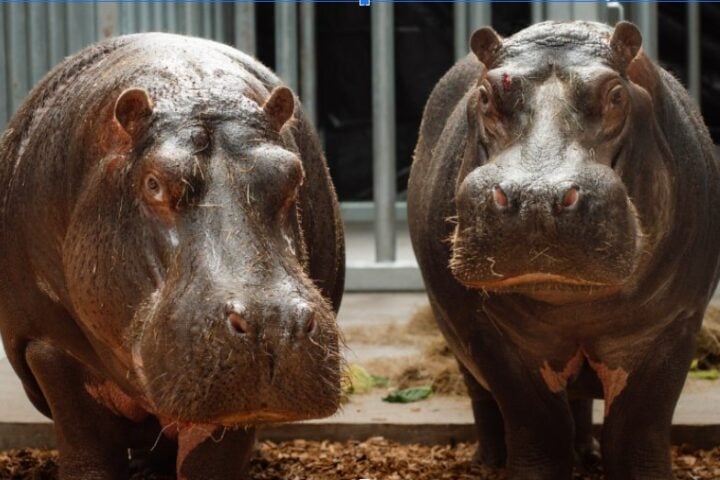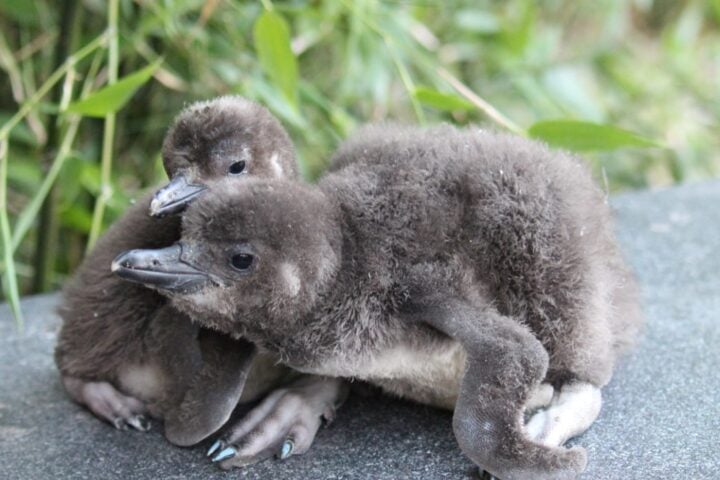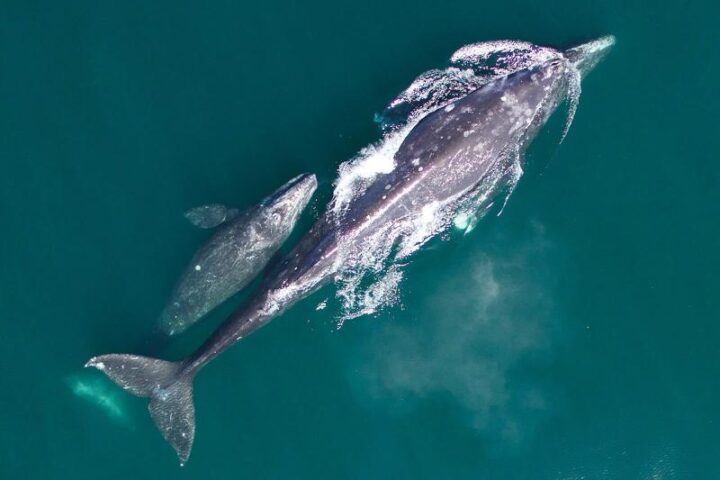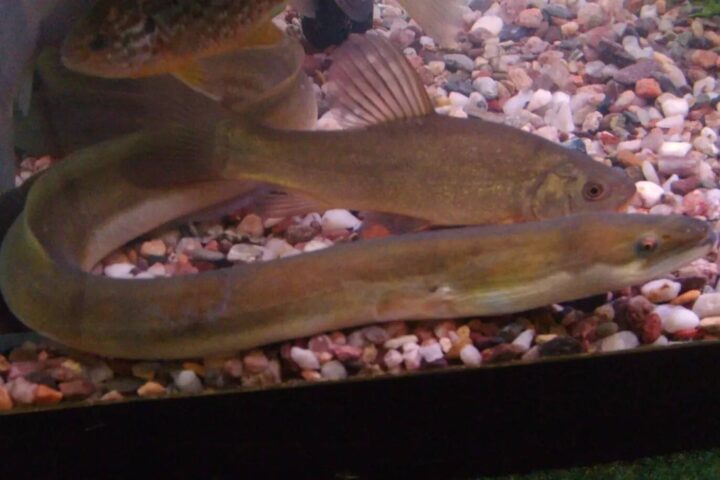Insects are the most important pollinators on earth. These very important creatures are under threat due to air pollution we humans cause. Scientists have now new evidence to prove that air pollution is also one of the factors that is causing decline in the evolution of bugs.
Robbie Girling and James Ryallis from the Reading University in the UK recently published a study which found that insects exposed to ozone & nitrogen oxides (NOX) released via fumes from diesel vehicles resulted in 70% drop in the number of pollinating insects and 90% fewer flower visits. The insects whose numbers dropped include honey bees, bumblebees, solitary bees, parasitic wasps, moths, butterflies, beetles etc. The research concluded that the impact of air pollution on bio diversity & food production is much greater than perceived so far.
Importantly the pollution levels , during the study, were kept much below the limits defined by US law as safe for the environment. In a country like India , where most big cities have bad or even alarming levels of air quality all through the year, the impact on insects & their populations could be phenomenal.
Insects help humans and our natural surroundings in a number of ways. They keep pests( that attack our crops) under control, pollinate crops & help degrade our waste. The productivity of about three fourths of global crop species depends on efficient functioning of insects. So it is easy to say that in a country like India, food security is largely dependent on the wellbeing of the insect world. In a country like India, where most big cities have bad air quality all through the year, the impact on insects & their population could be phenomenal.
Shannon Oisson, an American ecologist based at Bengluru’s National Centre for Biological Sciences (NCBS) says that a study conducted in Bengaluru in 2020 found a direct reduction in honeybee health. Olsson’s team found suspended particulate matter (PM2.5) had bearing on Giant Asian Honeybees, which produce more than 80% of the honey in India & pollinate more than 687 plant species. Over 80 % of bees died within 24 hours after being collected from moderately polluted sites.
Olsson believes that the statistics are alarming and need the urgent attention of the authorities in India, where nine of its cities rank the top ten polluted cities across the globe. Olsson said air pollution can also affect the insect‘s ability to sniff flowers, thus lowering pollination services. In conclusion, researchers said more study needs to be done to understand the impact of air pollution in the insect world.

